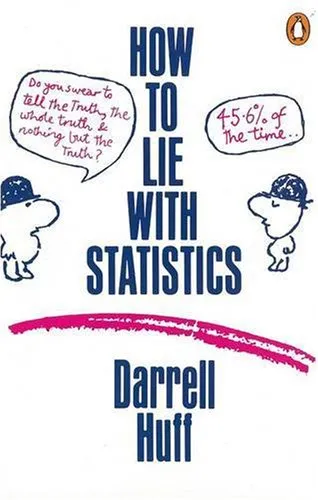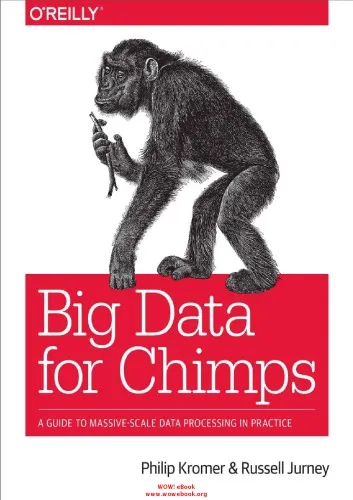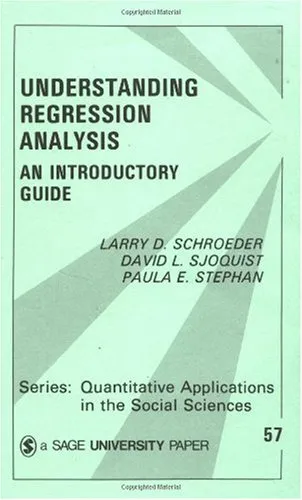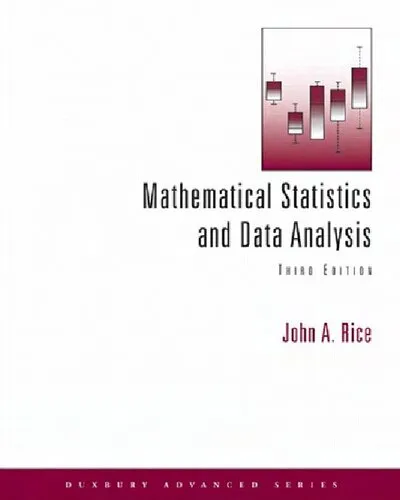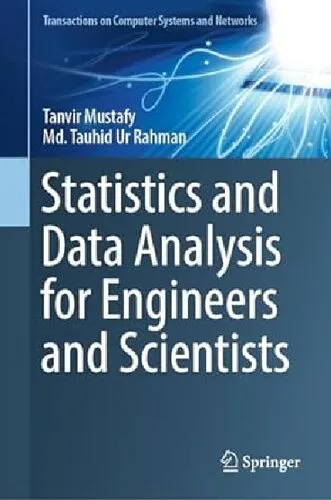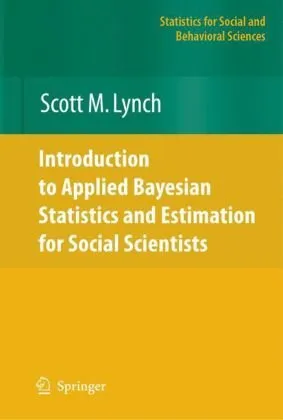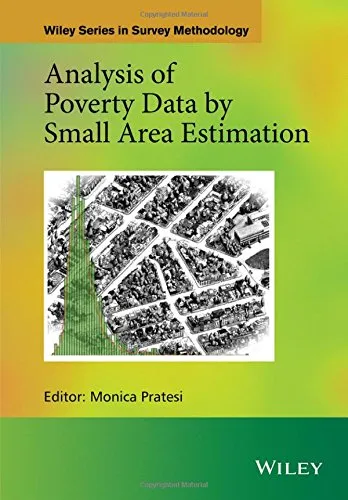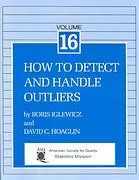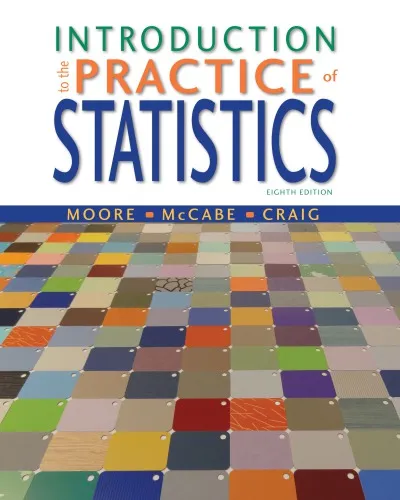Processing Random Data: Statistics for Engineers And Scientists
4.0
Reviews from our users

You Can Ask your questions from this book's AI after Login
Each download or ask from book AI costs 2 points. To earn more free points, please visit the Points Guide Page and complete some valuable actions.Related Refrences:
Introduction to "Processing Random Data: Statistics for Engineers And Scientists"
"Processing Random Data: Statistics for Engineers And Scientists" is a comprehensive guide designed to bridge the gap between theoretical statistics and its practical application in engineering and scientific fields. Whether you are an aspiring engineer, a seasoned scientist, or someone working with real-world data in your professional domain, this book empowers you with the tools needed to master statistical processing while tackling the inherent randomness in data.
The book's clarity, depth, and hands-on approach make it a standout resource, suitable not just for classroom learning but also as a reliable reference for professionals. By combining theory with practical examples and a problem-solving mindset, "Processing Random Data" ensures readers gain a robust understanding of statistical principles and their application to solve complex problems in real-world scenarios.
Detailed Summary of the Book
The book delves into the fundamentals of statistical methods tailored specifically for use in engineering and the sciences. It opens with an introductory exploration of randomness in data, discussing its ubiquity in real-world systems and the need to process such data effectively. The reader is then guided through the essential statistical concepts, ranging from probability theories and distributions to hypothesis testing and regression analysis.
What sets this book apart is its emphasis on practical application. Each topic is illustrated with real-world examples and datasets drawn from diverse fields such as engineering design, materials science, environmental studies, and physics. Key chapters cover foundational topics like random variables, probability distributions, and sampling techniques, moving progressively toward advanced concepts, including stochastic processes and time-series analysis.
Furthermore, the book emphasizes computational tools, showing how statistical software and programming languages can be integrated into the analytical process. By combining clear explanations, thoughtful exercises, and programming-based examples, "Processing Random Data" equips its readers with both theoretical insight and practical skills.
Key Takeaways from the Book
- Understand the core statistical concepts that drive decision-making in engineering and science.
- Learn how to model and interpret various types of probabilistic data.
- Master the art of hypothesis testing and rely on empirical methods for problem-solving.
- Gain proficiency in analyzing patterns within time-series data and stochastic systems.
- Adopt computational techniques and modern tools to process large datasets with precision.
- Develop a critical approach to evaluating data validity and associated statistical models.
Famous Quotes from the Book
"Randomness is not chaos, but rather an opportunity to uncover patterns and drive informed decision-making."
"Statistics isn't merely the science of uncertainty; it is a toolkit for clarity in the face of unpredictability."
Why This Book Matters
In today's data-driven world, engineers and scientists are increasingly challenged to work with vast amounts of data, much of which is inherently random. This book matters because it fills a critical gap in bridging theoretical concepts and practical needs, ensuring that professionals in technical fields are armed with the skills to assess, process, and utilize data effectively.
Furthermore, the book introduces a balanced framework that combines fundamental understanding with modern computational methods. It prepares readers to navigate the growing challenges of big data and emerging technologies. Its real-world focus and emphasis on problem-solving make it an indispensable resource for anyone eager to unlock insights from data.
Finally, "Processing Random Data" inspires confidence in its readers, reassuring them that with the right tools and approaches, even randomness can be tamed to their advantage. It is a book that will resonate not only with students and academics but also with professionals who live on the forefront of technological and scientific innovation.
Free Direct Download
You Can Download this book after Login
Accessing books through legal platforms and public libraries not only supports the rights of authors and publishers but also contributes to the sustainability of reading culture. Before downloading, please take a moment to consider these options.
Find this book on other platforms:
WorldCat helps you find books in libraries worldwide.
See ratings, reviews, and discussions on Goodreads.
Find and buy rare or used books on AbeBooks.
1231
بازدید4.0
امتیاز0
نظر98%
رضایتReviews:
4.0
Based on 0 users review
Questions & Answers
Ask questions about this book or help others by answering
No questions yet. Be the first to ask!
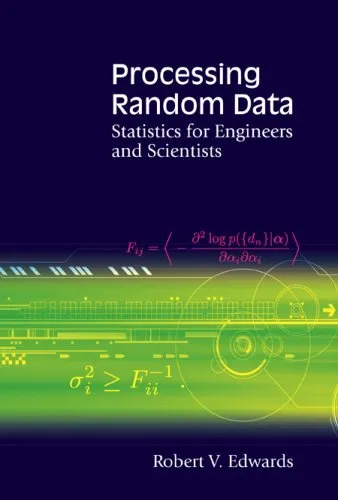

![Statistics: The Art and Science of Learning from Data [RENTAL EDITION]](https://s3.refhub.ir/images/thumb/Statistics__The_Art_and_Science_of_Learning_f_9188.webp)
